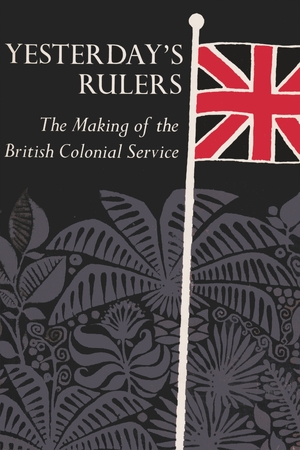Description
For over thirty years, the man chiefly responsible for the selection of men to rule the British colonies was R. D. Furse. He found the qualities needed—courage, firmness, dignity, sympathy, and physical and moral stamina—in members of the British ruling classes, prepared by tradition and by education at Public Schools and at Oxford and Cambridge.
In this lively study of recruitment for the administrative branch of the British colonial service under Furse, the author writes: “Colonial officials of the interwar years were a mixed lot. . . . But in the judgment of those who selected them they had in common that passion for ruling which Santayana and other acute observers of the English scene have identified as a distinctively British national trait.”
It is Heussler’s thesis that the men in the colonies, rather than official policy, made British colonialism what it was; and Furse’s selection of those men was governed by moral rather than scientific requirements.
The book traces the colonial administrative service from the time when Africa was “the white man’s grave” to the years after World War II when the need for special, formal training had become urgent and recommendations for reform were put into effect. By the time cadets trained in the “new spirit” arrived in their posts, however, Kwame Nkrumah had already raised the banner of independence, and the effect of the old spirit—elitist, paternalistic, authoritarian—was put to the test in a disturbed sociopolitical atmosphere.
About the Author
Robert Heussler taught political science at the University of Vermont, Princeton University, and the Maxwell School of Citizenship and Public Affairs at Syracuse University, where he was executive director of the Africa-Asia Public Service Fellowship Program. He is the author of several books, including The British in Northern Nigeria.
5.5 x 8.5, 288 pages
February 1963

